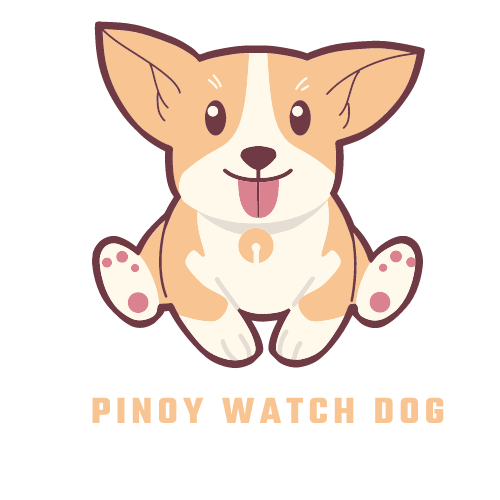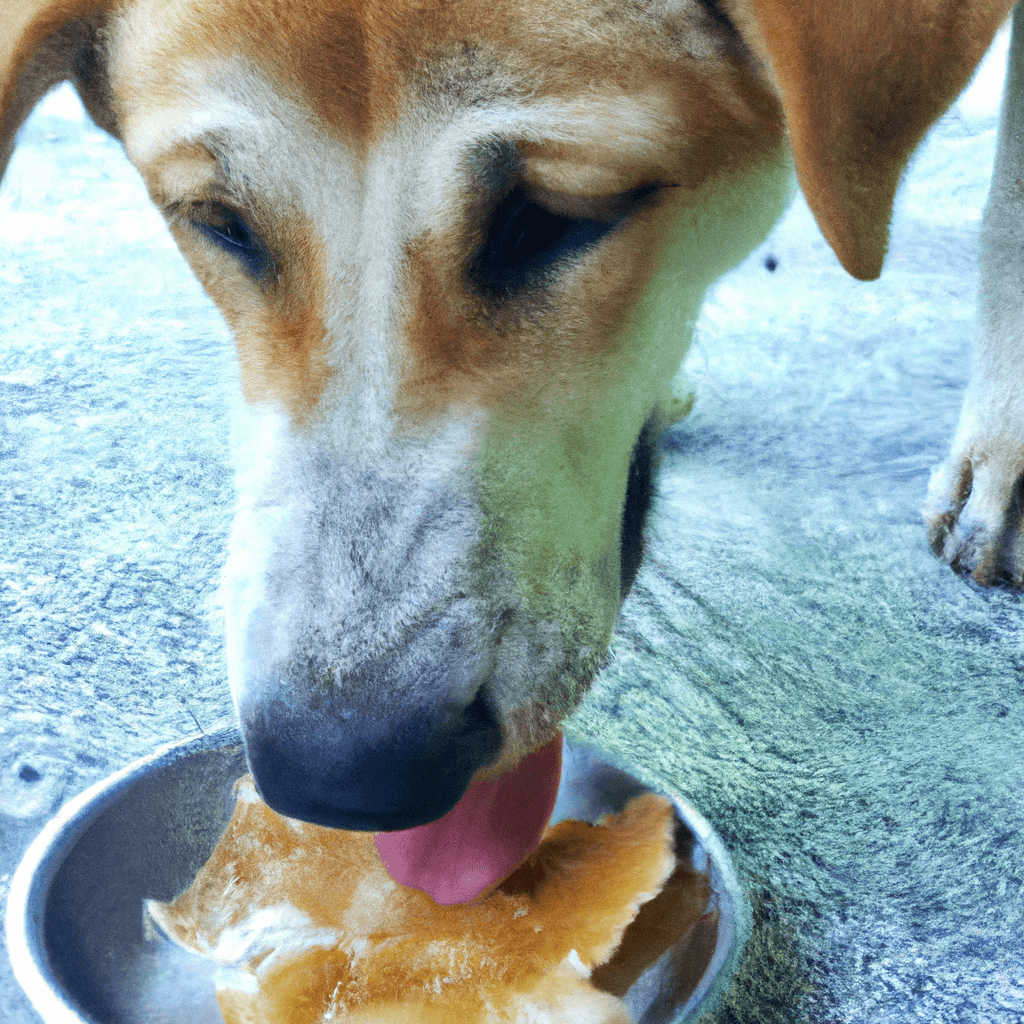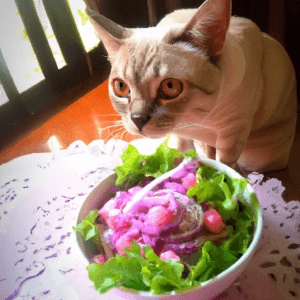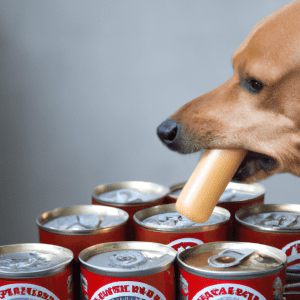Ghee is a clarified butter that is popular in Indian cuisine, but can dogs eat it? This is a question many pet owners have when it comes to feeding their dogs. Ghee is rich in fats and beneficial nutrients that can benefit your dog’s health, however, it should not be given to dogs in large amounts or used as a regular food source. In this article, we will discuss the benefits and risks of feeding your dog ghee, as well as the best way to give it to them.
Ghee: A Closer Look at What It Is and What It Does for Dogs
Ghee is an ancient ingredient that has been used for centuries in traditional Indian cooking and Ayurvedic medicine. It’s a type of clarified butter, meaning it’s been heated and the milk solids and water have been removed. It’s a rich source of healthy fats that are essential for a dog’s diet and can offer numerous health benefits. Ghee is a great source of healthy fats like omega-3 and omega-6 fatty acids, which are important for maintaining a healthy coat and skin.
It’s also full of energy-boosting vitamins and minerals like vitamin A, vitamin E, and zinc. These can help keep your pup’s energy levels up and help support its immune system. Ghee also contains fat-soluble vitamins like vitamin K2, which is important for dogs’ overall health. Vitamin K2 has been shown to reduce inflammation, improve digestion, and help protect the liver and kidneys. It’s also an antioxidant, which can help reduce oxidative stress and protect cells from damage.
Adding ghee to your pup’s diet can also help with joint health. The healthy fats found in ghee can help reduce inflammation, improve joint mobility, and provide lubrication to the joints. This can help keep your pup’s joints healthy and make them less prone to injury or pain. Ghee is a great addition to your pup’s diet and can provide numerous health benefits. It’s full of healthy fats and vitamins that can help keep them looking and feeling their best. Adding a bit of ghee to your pup’s meals can help ensure they’re getting the nutrients they need.
How Can Ghee Benefit Your Dog’s Health?
Ghee is a type of clarified butter that can be used as a great addition to your dog’s diet. It is rich in vitamins and minerals and can provide a variety of health benefits for your pup. Here are some of the ways that ghee can help improve your furry friend’s health:
- It can help improve digestion. Ghee is rich in butyric acid, which helps to support the digestive system. This can help to reduce gas, bloating, and other digestive issues.
- It can help boost the immune system. Ghee is full of antioxidants, which can help to fight off free radicals and boost the immune system.
- It can help improve skin and coat health. Ghee is a great source of fatty acids, which are essential for skin and coat health. These fatty acids can help to keep the skin and coat hydrated and looking shiny and healthy.
- It can help reduce inflammation. Ghee contains anti-inflammatory properties, which can help to reduce inflammation and provide relief from joint pain and other ailments. Overall, ghee can be a great addition to your pup’s diet. Just be sure to consult with your vet before making any changes to your dog’s diet.
Are There Any Risks to Feeding Your Dog Ghee?
Yes, there are some risks associated with feeding your pup ghee. Ghee is high in fat, so it should only be used in moderation. Too much fat can cause digestive issues like diarrhea, vomiting, and bloating. Also, ghee can be high in cholesterol, so it’s important to talk to your vet before adding it to your pup’s diet. Finally, ghee can contain lactose, so it’s not recommended for dogs with lactose intolerance. As always, it’s best to consult your vet before adding anything new to your pup’s diet.
What Types of Ghee Are Safe for Dogs to Eat?
When it comes to feeding your dog, you want to make sure they’re getting the best nutrition possible. Ghee is a type of clarified butter that has a variety of health benefits and can be a great addition to your pup’s diet. However, not all types of ghee are safe for dogs to eat. When selecting ghee, make sure to look for the type that is made from grass-fed cows. This type of ghee is packed with essential fatty acids, vitamins, and minerals that are beneficial for your pup’s health. It also has a higher smoke point than other types of fat, making it a great choice for cooking and baking.
Also, be sure to avoid ghee that has been flavored or contains any added ingredients. These types of ghee can be unhealthy for your pup and may contain ingredients that are toxic for dogs. Overall, grass-fed dairy ghee is a safe and healthy addition to your pup’s diet. It can provide important nutrients and can be used for cooking and baking. Just make sure to avoid any ghee that is flavored or has any added ingredients.
Is Ghee a Healthy Dietary Choice for Dogs?
Ghee is a type of clarified butter made by melting regular butter and removing the milk solids and water. It is commonly used in Indian cuisine and is becoming increasingly popular in Western countries. But is it a healthy dietary choice for dogs? The short answer is yes and no. Ghee is a good source of essential fatty acids, which can help to keep your pup’s coat and skin healthy. It is also rich in vitamin A, which helps to support healthy vision. However, ghee is high in saturated fat, which can lead to weight gain and other health issues if consumed in large quantities.
That said, ghee can be a beneficial dietary choice for dogs in moderation. For example, you can use it as a topping on your pup’s food or as an occasional treat. Just make sure to choose an organic, grass-fed variety, as this will be much healthier than the processed stuff. In conclusion, ghee can be a healthy dietary choice for dogs in moderation. Just make sure to choose an organic, grass-fed variety and only use it as a topping or occasional treat.
What Are the Benefits of Adding Ghee to Your Dog’s Diet?
Adding ghee to your dog’s diet can provide a range of health benefits. Ghee is a type of clarified butter that is rich in fats, vitamins, and minerals. Here are some of the benefits of adding ghee to your dog’s diet:
- Improved Digestion: Ghee is easy to digest and can help to improve your dog’s digestion. It is known to help reduce digestive issues such as gas, bloating, and constipation.
- Skin and Coat Health: Ghee is a great source of fatty acids, which can help to improve your dog’s skin and coat health. It can help reduce dryness, itching, and flaking.
- Joint and Bone Health: Ghee is high in Conjugated Linoleic Acid (CLA), which is known to help reduce inflammation and improve joint health. It can also help to strengthen the bones, which is important for older dogs.
- Immune System Support: Ghee is rich in vitamins and minerals, which can help to support your dog’s immune system. This can help to reduce the risk of diseases and illnesses. Overall, adding ghee to your dog’s diet can provide a range of health benefits. It is easy to digest, can help improve skin and coat health, and can help to support the immune system.
What Are the Best Ways to Feed Ghee to Your Dog?
If you’re looking for a way to boost your pup’s health, ghee can be a great option. Not only is it full of beneficial fats and fatty acids, but it also has anti-inflammatory properties. Here are the best ways to feed ghee to your dog.
- Add it to their food. One of the easiest ways to feed your pup ghee is to mix it into their regular food. Start with a small amount, such as a teaspoon, and gradually increase the amount as your dog gets used to it. For a more intense flavor, you can also warm the ghee before mixing it into their food.
- Give it a treat. If your pup doesn’t like the taste of ghee in their food, you can try giving it to them as a treat. Ghee is a great way to add flavor and nutrition to their treats, such as frozen yogurt drops or peanut butter treats.
- Give it to them directly. If your pup is a bit picky, you can also try giving them ghee directly. Start with a small amount and slowly increase the amount as your pup gets used to it. When feeding your pup ghee, always make sure to use organic, grass-fed ghee for the best nutrition. As with any dietary supplement, it’s important to consult with your veterinarian before incorporating ghee into your pup’s diet.
How Much Ghee Should You Feed Your Dog?
It’s important to consider your dog’s size, age, and activity level when deciding how much ghee to feed them. Generally speaking, a small to a medium-sized dog can have up to a teaspoon of ghee per day while larger breeds can have up to two teaspoons.
Puppies should have half the amount of an adult dog, so no more than half a teaspoon for small to medium breeds and one teaspoon for larger breeds. It’s important to consult with your vet before introducing ghee into your pup’s diet as it can be high in fat and calories. Start with small amounts and monitor your pup for any digestive issues or weight gain.
What Types of Ghee Should You Avoid Feeding Your Dog?
When it comes to feeding your furry friend, there are some types of ghee that you should avoid. Ghee is a type of clarified butter, which is a type of fat that has had the milk solids and water removed. It is often used in Indian cuisine and can provide a rich, flavorful taste to dishes. Although ghee can be a great addition to your dog’s diet, it is important to choose the right type. Certain types of ghee can be unhealthy for your pup and should be avoided.
First, you should avoid giving your dog any ghee that has been mixed with other ingredients, such as sugar or salt. This can be an unhealthy combination for your pup and can cause digestive issues. Second, you should also avoid giving your dog any ghee that has been flavored with things like garlic or onion. These types of ghee can be toxic to dogs and can lead to serious health problems.
Finally, you should avoid giving your dog any ghee that has been highly processed or made with low-quality ingredients. This type of ghee can be difficult for your pup to digest and can contain unhealthy levels of saturated fat. When it comes to feeding your pup, it’s important to choose the right type of ghee. Stick with unprocessed, unflavored ghee that is made from high-quality ingredients for the best results.
1 What Are the Signs of an Allergic Reaction to Ghee in Dogs?
If your dog has an allergic reaction to ghee, you may see some of the following signs: -Itching or swelling around the mouth, eyes, or ears -Hives or bumps on the skin -Vomiting or diarrhea -Sneezing or coughing -Excessive scratching or licking -Runny nose or eyes -Difficulty breathing If you suspect your dog is having an allergic reaction to ghee, it’s important to contact your veterinarian immediately. The veterinarian may be able to provide treatment for the allergic reaction and may recommend avoiding ghee in your dog’s diet in the future.
In conclusion, it is not recommended to feed dogs ghee. While some dogs may have no problem digesting it, most dogs may suffer from digestive issues if given ghee. Additionally, ghee is high in fat and unhealthy for dogs in general. Therefore, pet owners should avoid feeding their dogs ghee and opt for healthier food options instead.




